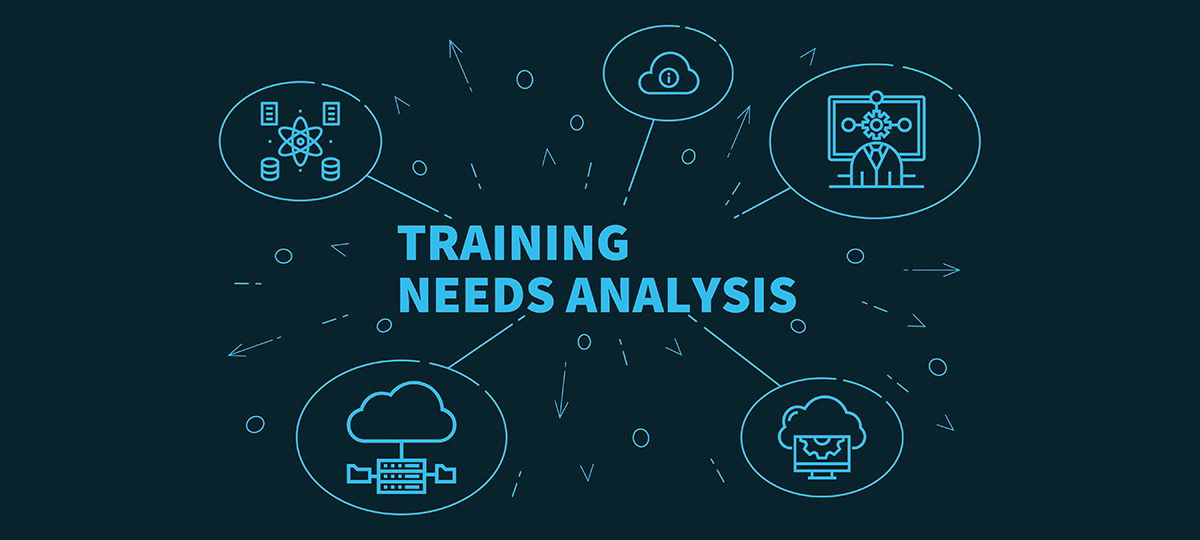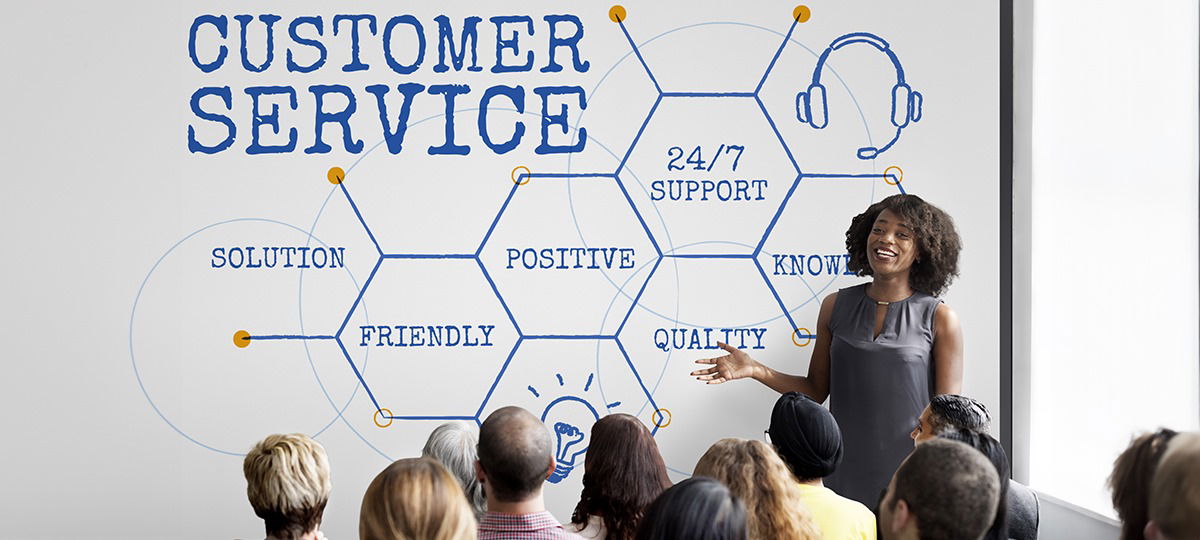Staying ahead of the competition requires continuous learning and upskilling. With technology, traditional training methods have evolved into digital learning solutions that provide flexibility, accessibility, and tailored content for businesses.
In this blog, we will explore the benefits of workplace digital training and discuss how businesses customise digital training to meet their specific needs. Additionally, we will highlight the integration of multimedia for effective learning and delve into measuring the return on investment (ROI) in digital training initiatives.
Exploring Various Digital Training Platforms
The landscape of workplace digital training has evolved significantly in recent years. There is now a wide array of digital training platforms available that offer comprehensive courses designed to meet the diverse needs of professionals. These platforms collaborate with premier universities and institutions worldwide to deliver high-quality content. They cater to fresh graduates, young professionals, and individuals who want to upskill or reskill themselves. The core industries covered include banking and finance, data science and analytics, new-age technology, and digital marketing.
Customising Digital Training for Business Needs
One of the key benefits of business digital learning is its ability to customise training programmes according to specific business needs. Organisations can partner with these platforms to develop tailored courses that align with their industry requirements, job roles, and skill gaps. By identifying these gaps accurately, companies can ensure that their employees receive targeted workplace digital training. This will enhance their productivity and efficiency.
Integrating Multimedia for Effective Learning
Corporate e-learning solutions use multimedia elements such as videos, interactive modules, quizzes, simulations, and virtual reality experiences to make the learning process engaging and effective. This integration of multimedia not only captures learners’ attention but also enables them to grasp complex concepts more easily. For instance, data analysis courses may include interactive visualisations or real-world case studies for better comprehension.
Measuring ROI in Digital Training
As organisations invest their resources in workplace digital training initiatives, it becomes essential to measure the ROI from these programmes. Fortunately, most business digital learning platforms provide robust analytics tools that enable organisations to track learner progress, engagement levels, and the impact of training on business outcomes. These insights can help companies assess the effectiveness of their digital learning programmes and make data-driven decisions for future training initiatives.
The takeaway
Corporate e-learning solutions offer a wide range of benefits for professionals and organisations alike. They provide access to high-quality courses from premier institutions, allow customisation to address specific business needs, leverage multimedia for effective learning experiences, and offer analytics tools to measure ROI. By embracing digital learning platforms, young professionals can enhance their skills and accelerate their career growth.
If you are looking to enhance your skills or bridge any knowledge gaps in your industry, consider exploring the comprehensive digital training courses offered by Imarticus Learning. Imarticus provides a wide range of programmes across core industries. This includes finance, technology, marketing, analytics and management. Don’t miss out on this opportunity to boost your career prospects. Visit Imarticus Learning today to learn more about our courses and get started on your journey towards professional excellence.







